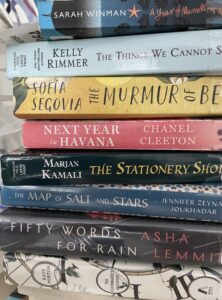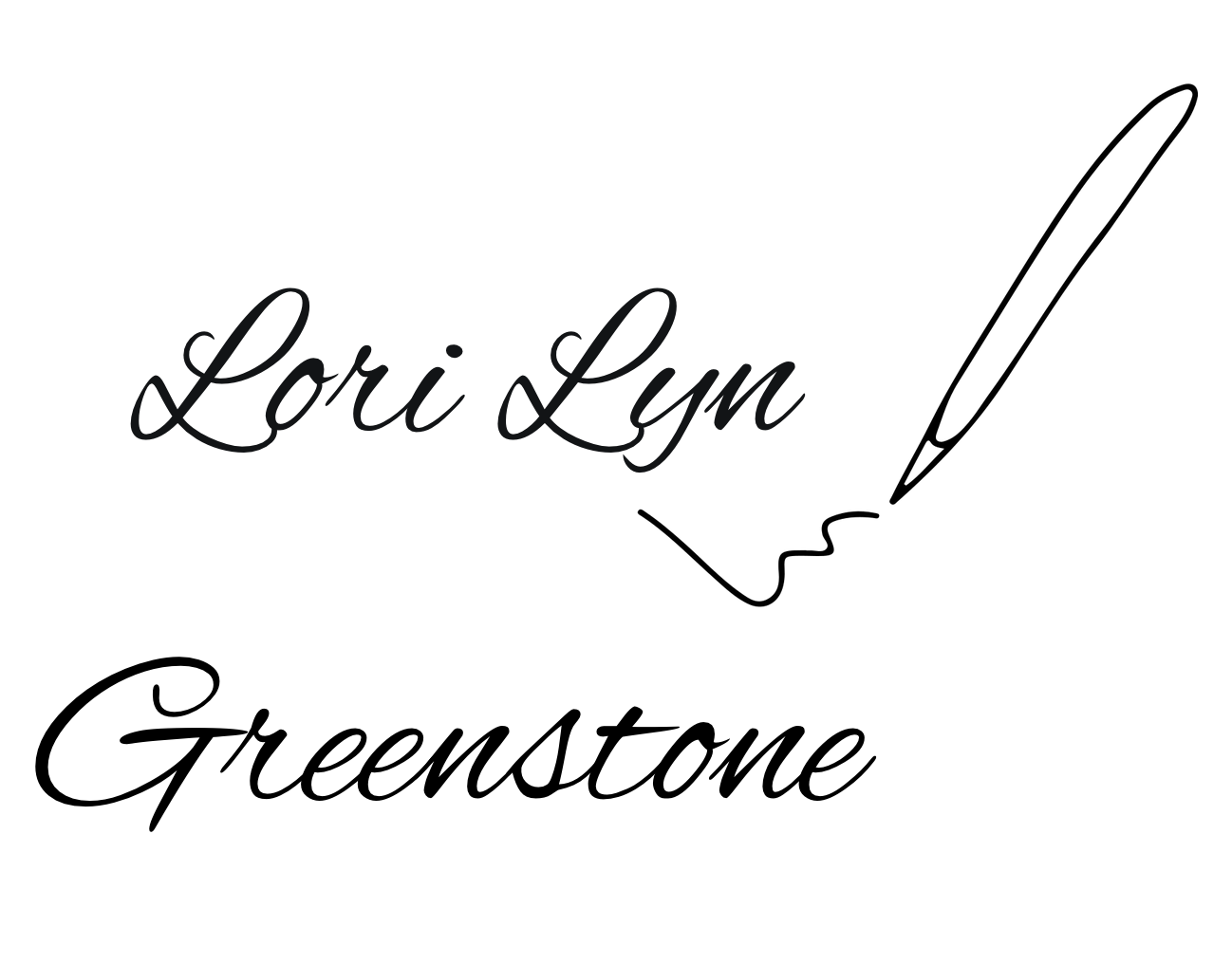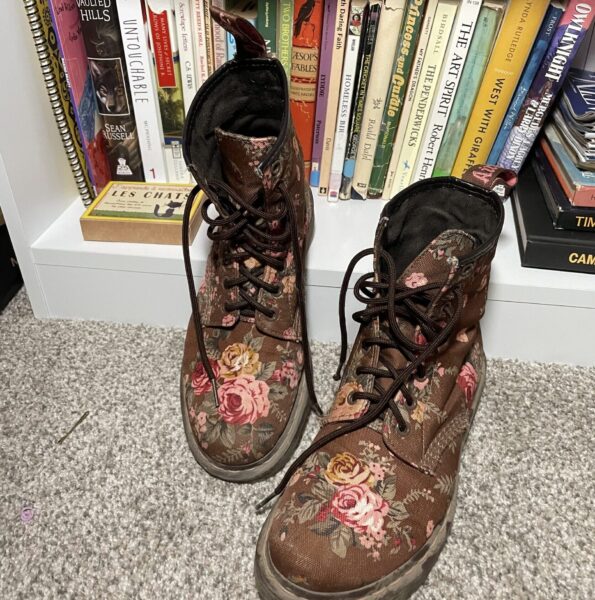This week I’m in Book Finish Bootcamp with Canadian writing coach and mentor, Rhonda Douglas. Back in 2019, which seems another world ago, my first freebie from Rhonda was a guide for a DIY Writer’s Retreat. I’ve used it several times since and found lots of good encouragement for struggling writers on her blog. You can see it here: https://www.resilientwriters.com/blog_page
In order to make the most of my bootcamp experience I decided to make this week a DIY writing retreat, cutting out everything within reason that doesn’t pertain to writing my novel. Bootcamp kicked off on Wednesday, which at the time seemed strange but now seems appropriate- start in the middle of the week to untangle a muddle of a novel from the inside out.
Here’s a rundown of day 1: 9-10AM We revisited the Why of Writing- Why do we write? And why write this particular project? Most writers in the group said they’d started writing as kids. One writer said it was a revelation when she found out the other kids weren’t writing books.
So much of our “Whys” begin in childhood, an early sense of calling before we even know what that means. We drill down deeper into the question with Rhonda. We squirm. The big why’s of life raise their ugly heads and stick out their juvenile tongues at us.
From my mind’s eye I catch sight of my mother’s grimace. I’m writing to understand motherhood and the mania that often goes along with it. I want to understand this crazy world we inhabit- where did it all begin and how can we make better sense of it? Where did you and I begin? In the wombs of our mothers… And before that?
Stories offer us ways of understanding ourselves and others, creating our own myths, or creation stories. We are storytellers and we are story consumers. Writing my stories helps me shut-up and pay attention, both things I need to do more of.
I believe in the power of story, but can I believe in my ability to get a complete and cohesive draft of a novel down on paper? And then polish it into some sort of shining jewel? That might be a stretch, but that is the goal.
10:30-12: After Bootcamp and a break I join a small group for coaching with Rhonda and even smaller groups for discussion with fellow writers. Why are we here? How can we spur each other on to get these stories out of us and into the world?
Rhonda refers to us as “finishers.” We are finishers; calling ourselves by this name helps us see ourselves as such. Finishers ask questions and Rhonda offers answers, but I find much of the value is already there in the asking. If we can formulate the right question, we are often more than halfway to the answer.
I’m in the throes of revision with my novel, but I still haven’t convinced myself that I’ve finished the first draft. I seem to have a mental block here (and found this to be a common theme among the writers in the discussions).
Can I call it a finished draft if I know there are scenes missing?
If it has a beginning, middle, and end, and enough words to be a novel, Rhonda calls it a finished first draft. I’ve got over 124K– too many words, actually–another point that stymies. Clearly those aren’t all the right words. Some of them will have to go to make room for missing scenes.
So do I delve into revision, knowing there are gaps in the narrative, or do I go back and write those missing scenes?
Rhonda: If they are key (or anchor) scenes, write them first. If they are setting, details, description, or minor scenes, work on them in the revision phase.
RE-vision. I know it means re-seeing. I taught college composition. Getting students to stand back and take a look at the big picture of their essays and stories was always difficult, a little like it is for me. A novel is a big work, especially a dual timeline novel. It is like two novels with two distinct, yet related story arcs.
After this session I can see what I need to do and return to my cluster map where I brainstorm (Writing The Natural Way) for my second timeline character, jotting down notes and remembering an exercise I’d done with my first protagonist’s timeline. I listed every incident where she struggled, and then had to act. This list feels like a backdoor into the outline that eludes me. At this stage of revision I feel the need for more detail than the essential outline of the starting struggle, most important desire, key obstacles, and state at the end of the novel. Listing the actions that my character takes helps me lean into something like an outline without actually calling it that. It’s just a list.
Epiphany in hand I begin my list using sentences like, “When this happens (struggle) my protagonist does this (takes some action) and (consequence that leads to another struggle/obstacle/etc.).
In the afternoon I take a rest and read, 20 minutes each in the afternoon. 
5-6PM I attended an online event: What’s New in Historical Fiction? A publisher of an independent press hosted a discussion with 5 women authors of historical novels- The War Librarian, The Librarian Spy, Switchboard Soldiers, and several other notable novels. It was an interesting, informative, and inspiring talk. They wrapped up their discussion with Why they write historical fiction: to walk in the footsteps of another, to feel history come alive, to build empathy, to create a space for difficult conversations (about injustice, race or other issues), & from a dual timeline novelist: it forces us to reflect on the present, to assess what progress we’ve made and what we still need to do, creating a third timeline, the present. Worth watching: https://www.crowdcast.io/c/whats-new-in-historical-fiction-7?fbclid=IwAR0bJpP40a0xMbrF9KdgfZwkeoYjjSLuJ8keG5XVbMcV6PrrXHOT-bmADHc
7-8:30PM- I joined an online prompt writing group based in Seattle. They follow the Amherst Method for writing and feedback which I use in my writing groups. It was the first time I’ve written with this group and I was not disappointed. There is something profound about reading your work aloud, putting your voice out in the world, and getting positive feedback (we only comment on what is working since it has just been written with no time to polish). Writing from prompts and then reading aloud (optional, not required) challenges me as a writer in ways that have helped me grow the most. And that little voice that is forever hissing, “This is crap… You’ve got nothing…” gets silenced, or at least ignored, when we hear our own voice read what we’ve written.
I end the day with more reading, finishing A Vision of Light: a Margaret of Ashbury Novel by Judith Merkle Riley, a dual timeline epistolary novel about a 14th century woman. At 435 pages, it sometimes felt like a novel with too many words, a warning.
Next up– Day 2 of the DIY Writing Retreat/Bootcamp/Conference. I’m full of enthusiasm to press on.
 Every good day ends with some good reading: recent dual timeline novels I can’t wait to read.
Every good day ends with some good reading: recent dual timeline novels I can’t wait to read.


